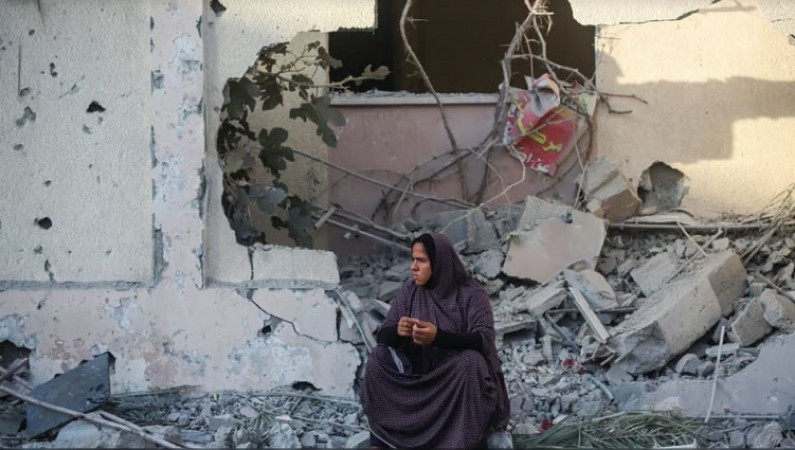
In a bid to address the long-standing Israeli-Palestinian conflict and following a recent flare-up in hostilities, the European Union's 27 member states have issued a call for an "international peace conference." This initiative, however, appears to be raising more questions than answers, highlighting the EU's internal struggles and the challenges of influencing Middle East affairs.
Despite the call made at a gathering of EU leaders in Brussels last week, essential details about the proposed conference, such as the location, attendees, and objectives, remain elusive. The lack of clarity has left key players, including the Israeli and Palestinian missions to the EU, hesitant to commit to participation.
The Israeli mission to the EU expressed uncertainty about attending, citing a lack of information and outreach from European officials. Meanwhile, the Palestinian mission did not immediately respond to requests for comments, further underscoring the ambiguity surrounding the initiative.
Behind the scenes, various European countries are competing to host the hypothetical conference. Still, one EU diplomat pointed out that determining the location is irrelevant until it's clear whether the Middle East region itself desires such an event.
The EU's struggle to present a united front and relevance in addressing the Middle East conflict is evident. During the recent EU summit, leaders grappled over whether to advocate for a single humanitarian "pause" or multiple "pauses" in the ongoing hostilities, highlighting internal disagreements and the influence of domestic political considerations.
While some, like Spanish Prime Minister Pedro Sánchez, see the peace conference as a potential solution to decades of conflict, others within the EU view it as a political move aimed at securing domestic support. One EU official described the initiative as "navel gazing," emphasizing that the EU's role in the region is limited compared to the United States and certain Gulf countries.
Amid the EU's prolonged deliberations, violence continued in the Middle East, with Hamas firing rockets towards Israel and Israeli airstrikes persisting in Gaza. This demonstrated that while 27 EU leaders supported the peace conference call, it had limited impact on the ground.
German Chancellor Olaf Scholz emphasized that the success of a peace conference depended on the participation of key stakeholders, including Israel and the Palestinian Authority. Without their involvement, any such conference is likely to fall short of its objectives.
As the EU navigates its way through the complex Middle East conflict, it faces challenges not only in finding a common approach but also in establishing credibility and relevance in the region. The confusion surrounding the EU's call for a peace conference underscores the difficulties it encounters when trying to influence events in the Israel-Hamas conflict.
In the quest for a lasting solution to the Israeli-Palestinian conflict, it remains to be seen whether the European Union can play a meaningful role, or if it will require a coalition of states with deeper historical ties to the region to take the lead.
More Updates: